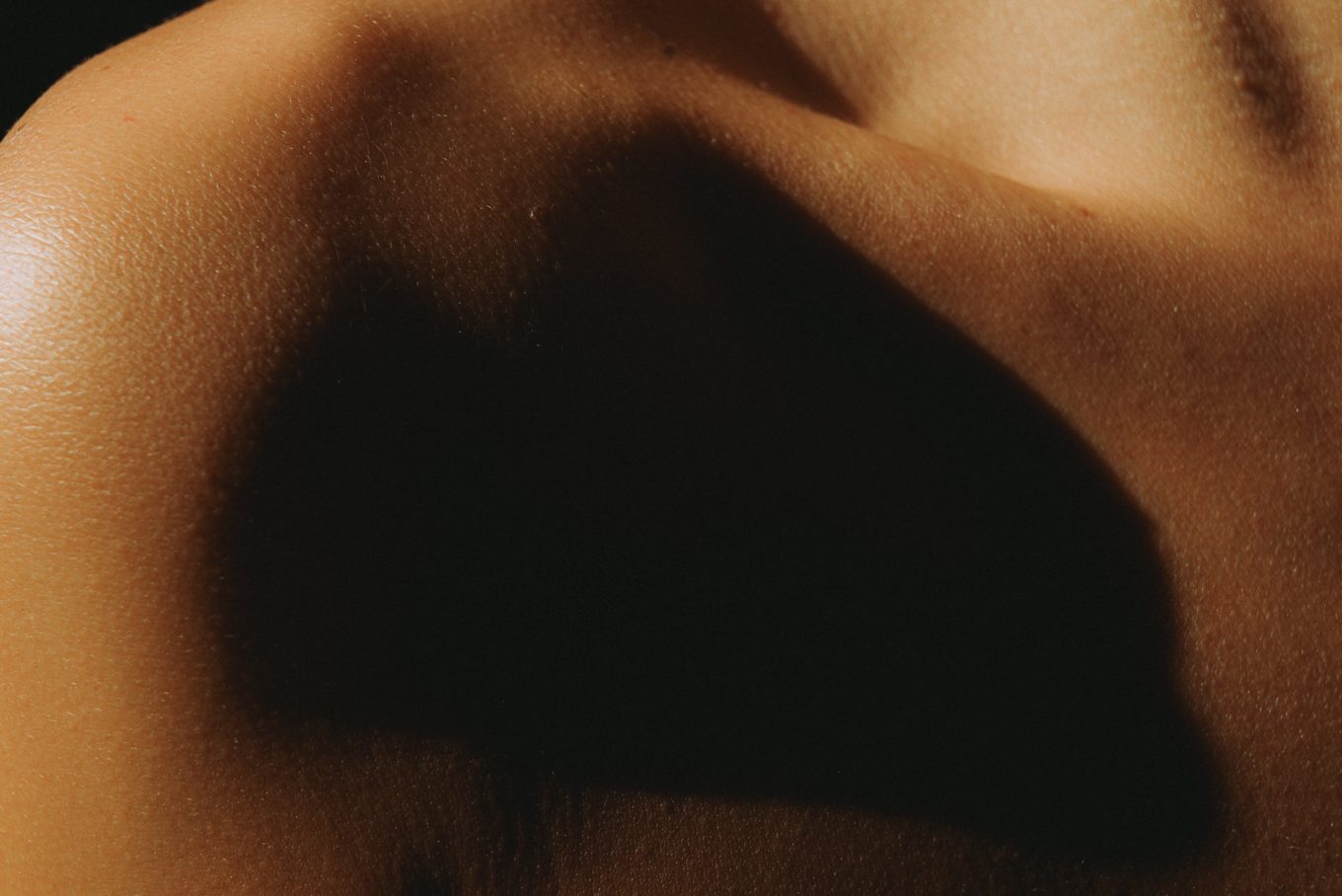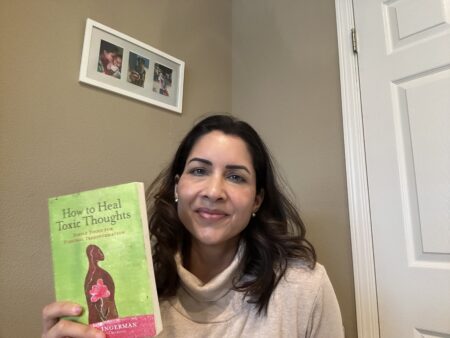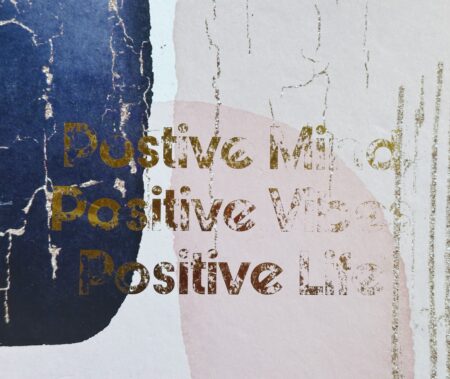Are unrealistic body ideals and self-scrutiny inherent in the female experience? I’m experimenting with living with less of both.
I don’t know when the war with my body began. But, it feels like it has always been. I can think back to as early as the age of 5, a feeling of needing to look a certain way. To effort. First, it was with dresses, colored tights and bows. Then, as a pre-teen, came more pressure and a bombardment of messages to morph myself into something more appealing. I would compare myself to popular peers in my school or on TV to figure out what was likeable. This push was possibly fueled by hormones, but more likely by media messages and societal/family/cultural norms. By my teens, my feelings of not enough-ness turned to dieting, brand-name labels and department store make-up as a cure.
Today, I have a more realistic attitude towards my body, but also more elaborate habits that include dying my hair, keeping my body fit and keeping wrinkles at bay. Yet, what I always perceive of that person I see in the mirror is this: she is a work-in-progress or in need of improvement. Underneath, a sense of not-enoughness and even disapproval.
Frankly, I am sick of feeling like this.
Sure, the “Damn, I look good!” moments do happen for me. But those are at a thousand-to-one ratio compared to the other messages in my head. There’s always more to do in terms of looking younger, thinner and prettier:
“You should workout.”
“You need a facial.”
“She looks amazing and happy, I wonder what supplements she is taking?”
Do men feel this way, I wonder? Based on my unscientific personal polling: No, not with the same intensity.
Some of my efforts relate to my work on TV, but the majority of my beauty checklist runs in common with many women I know. They don’t work in front of a camera. They, like me, are just trying to look their best.
Why? For whom? To what extent?
I have been trying to answer these questions and understand my beauty drive for years when I first recognized that my words of unconditional acceptance of my children, statements like: “you are perfect the way you are,” didn’t apply to myself. One can just see the incongruence from the dozens of anti-aging, firming or wrinkle-reducing creams scattered across my bathroom countertop.
When I speak to girlfriends, I realize this pressure around food, our bodies and aging is a shared female experience in my circles. It shows up covertly in brunch conversations, where we share the latest diet or workout trend. It is more overt in private talks, where we share how we wake up thinking about food and calculate whether we are deserved of ordering french fries.
Why do many women I know struggle with accepting our bodies?
In 2019, I reposted this graphic on my Facebook page:

I was both relieved and saddened by the commentary and likes. “While it is a relief to know that I’m not the only one that feels this way, it makes me so sad that we suffer similarly,” I thought.
Arguably, our war with our bodies is self-inflicted suffering. It may have been put there with conditioning, media images and society, but we are responsible for questioning it. We own the real estate in our heads. Do our self talk help or hurt us? The difficultly with this war with our bodies is that it is mostly silent and is constantly perpetuated in our minds. In glances at the mirror, my programming is so quick, so sharp it can spot my crow’s feet progressing by another millimeter. Even photos on my iPhone – thanks to its gazillion megapixel resolution- betray me, accurately capturing the exhaustion I feel some days as a working mother, despite my best attempts to conceal and dress myself up.
Finally after 45-years, I want to retire the self-critical loop in my head. I don’t know where it came from and, more importantly, whether it serves me anymore (or ever did).
How to start loving your body
Changing your relationship with your body is a mental journey and one that takes daily effort. I spoke with body experts and have been read books on the matter. I learned that we can use some of the same tools many of us use in our spiritual life and in positive psychology to reprogram our brains to begin to see the good in our bodies – to see them as temples and vehicles for good, not for objectification. It is a gradual and slow process, but I have been having positive shifts so far. My goal is not to turn into a totally ‘au natural’ woman. What I would like to offload is the unrealistic pressure to be perfect and the self-loathing from never reaching it.
Instead, I want to love myself more and use my beauty practices to reaffirm. I am ok with embracing workouts and wrinkle creams as tools to help me better present who I am, so long as they aren’t subversive attempts to punish or correct.
It starts with initiating simple acts of gratitude for our bodies. Tuning in and listening to what your body says to you? Does it feel appreciated, loved and accepted? If not, give that to your body. Imagine what how our bodies would FEEL to receive thanks for carrying children, running marathons and everything else we demand of our bodies without thought. What if we valued our body just as it is right now, despite what the scale read or what you perceived in the mirror? Here are 3 techniques to harness more love for your body:
1. Abhyanga is a loving Ayurvedic technique of oil massage
Abhyanga has many health and restorative benefits. But, at the very basic level, self massage connects you to your body and allows you to pour love onto it. I have been advised by a terrific Ayurvedic practitioner, Dr. Nancy Lonsdorf, to do Abhyanga 20 minutes with sesame oil before bathing to allow the oil to soak into the skin. I have added in a gratitude practice while I massage, thanking my body for the infinite things it does for me. I speak the word aloud, for there is more power transmitted when spoken than just recited in your head:
“Thank you hands for driving my kids safely to school, for typing and creating work for the world to see and giving the best tickles.” I do this at least once a week and find it wonderful self care ritual.
The Sanskrit word Sneha can be translated as both “oil” and “love.” It is believed that the effects of Abhyanga are similar to those received when one is saturated with love. Like the experience of being loved, Abhyanga can give a deep feeling of stability and warmth.
Chopra.com
2. Step into a gratitude shower
I attended a yoga class a few years ago in San Diego that gave me my first taste of appreciating my body for the daily miracles it performs. The teacher, Jon Old-Rowe, gave “OMwork” at the end of our vinyasa class. He assigned us a gratitude shower after class, a task I took on that day.
Similar to Abyhanga, a gratitude shower it is simple to do. As you lather your body with soap in the shower, verbally thank your individual body parts for what they do for your body.
For example, as you are scrubbing your arms, say out loud:
“Thank you arms. I am grateful for your strength and all they do. They allow me to pick up my children and are strong enough to hold my own weight and the groceries.”
In this work, you start to notice and appreciate your body for the good it holds and the functions it performs, that you may take for granted. Be sure to speak the words aloud because it can reprogram our brains more powerfully when doing so.
3. Give yourself loving glances in the mirror
Instead of noticing negative aspects of yourself in the mirror, take a moment to notice something positive about yourself: “I like my smile” or “I look radiant in this dress.” We are likely familiar with the benefits of a gratitude practice in our lives. A Harvard study showed that after 10 weeks of a gratitude practice, people feel more optimistic and better about their lives. This same principle can be applied to your body, as well. You can start to love your body more by showering it with small gratitudes every time you look in the mirror.
4. Read more about the messaging we receive as women
I have been reading these books to learn more about body messaging, self acceptance and beauty myths and highly recommend them:





